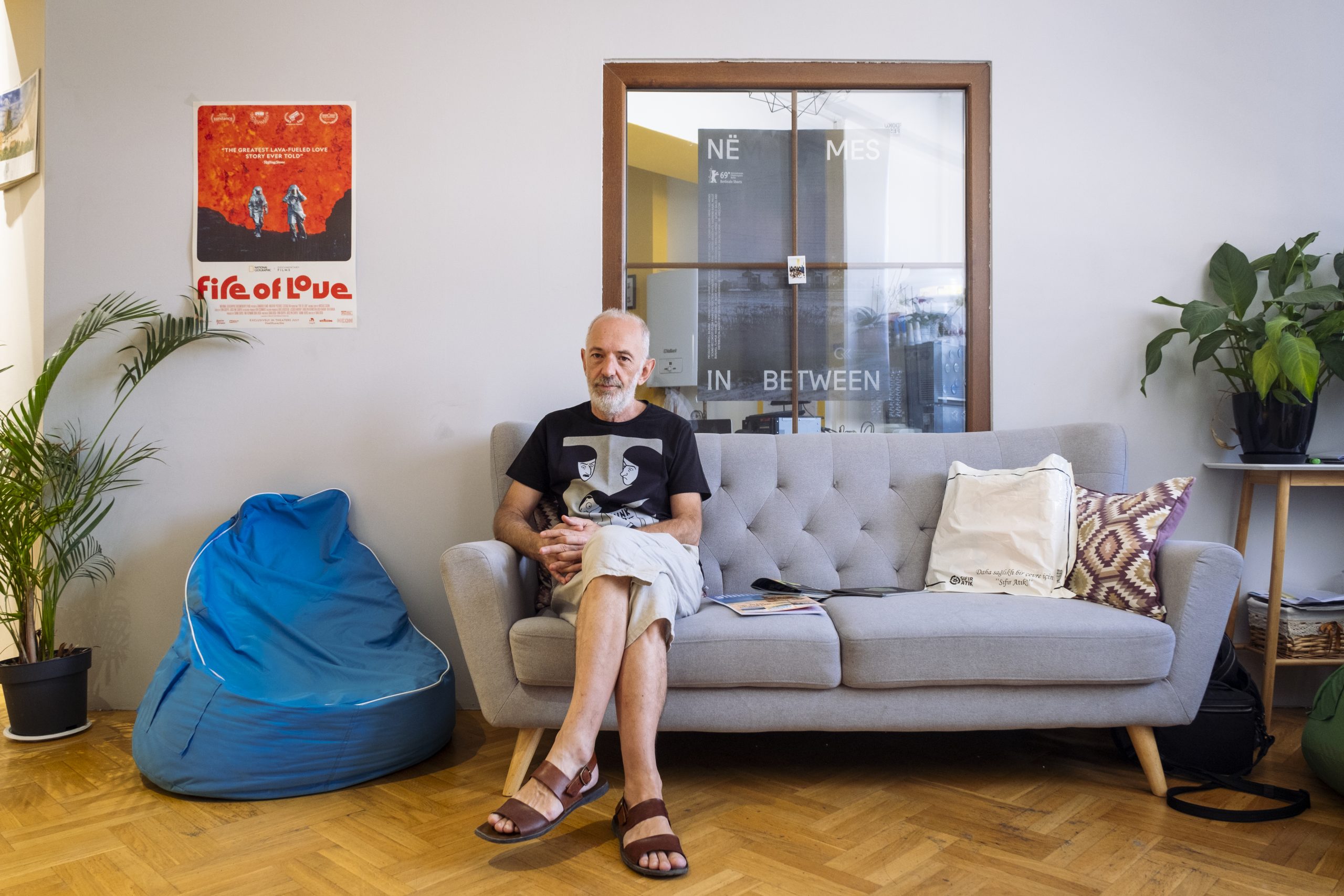
Veton Nurkollari: We want to alarm, the situation is alarming
This year's Dokufest asked "How to survive?" The answer is difficult.
|13.08.2022
|
We promote this city decently and we find the low level of support we get from the city incomprehensible.
Veton NurkollariDokufest is a window for people in Kosovo to see the world.

Aulonë Kadriu
Aulonë Kadriu is a K2.0 senior editor. She has a bachelor’s degree in political science from the University of Prishtina and a graduate certificate in women, gender, and sexuality studies from the University of Kansas, U.S.
This story was originally written in Albanian.